Kill Your Darlings
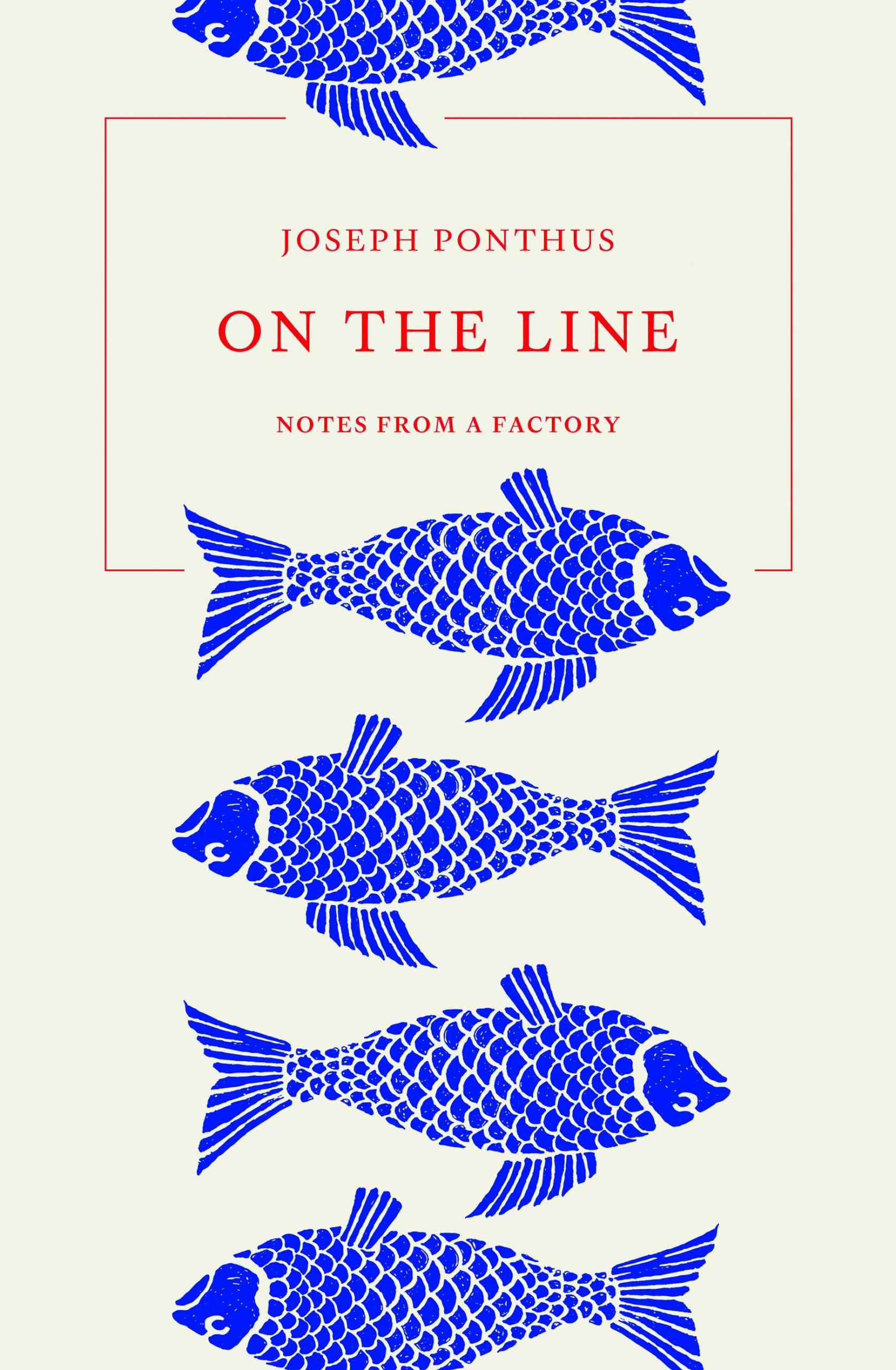
Lives on the Line
This critical essay on Joseph Ponthus’s On the Line (translated by Stephanie Smee) does far more than simply evaluate the text. May Ngo, KYD's 2021 New Critic, reads Ponthus’s prose poem on working in factories through the lens of her own experience as a factory labourer in Cambodia for ethnographic fieldwork.
Drawing a comparison between Ponthus's privileged position and her own as ethnographer – that is, being able to regard their time on the factory floor as a temporary one – Ngo asks us to consider the ethics of academic fieldwork, and also literary production and consumption: ‘[W]hat do we owe to those whom we are writing about? ...What are we seeking out when we read this?’
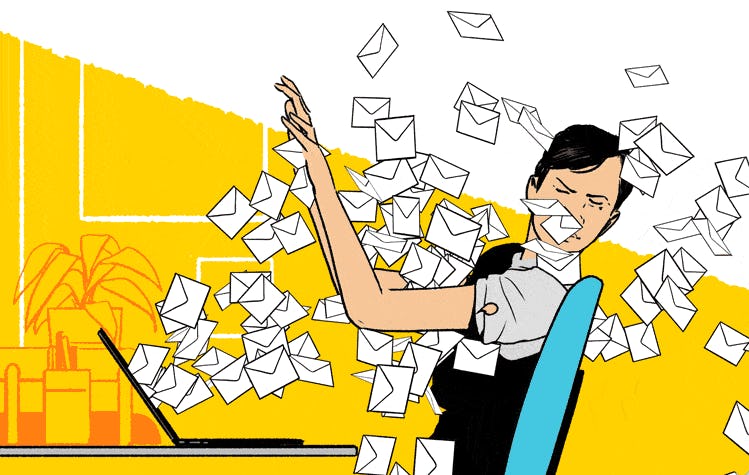
In Pursuit of a World Without Email
Benjamin Clark provides a useful rundown on recent literature about modern-day work email culture and the strain it puts on our mental health. But are emails merely a symptom of a larger underlying problem? (Spoiler: the answer is yes.)
'By activating our innate sociability whilst unnaturally fragmenting our thought processes, email induces what Newport calls "the hyperactive hive mind". We feel compelled to reply so as not to appear rude or lazy, but pulling our attention in every which direction leaves us exhausted and unfocused. As Postman warned, it unravels our capacity to think.'

This is Not a Eulogy for Hong Kong
'Hong Kong has slipped out of the news in Australia, and I hate that it has taken a story that hits home for me to realise just how truly devastating that is – to watch as a critical chapter in your life plays out silently off-stage. I can’t even imagine what it would be like to live there; to see it unfold up close. From afar, I don’t really know what else to do other than to keep talking about it, keep reading about it – keep trying to stop one more story disappearing into the sea of horror that is 2020.'
Untying the Tongue – The Elusive Art of Interpreting
Yumna Kassab sends in this favourite read of her year, written by literary translator Elizabeth Bryer and originally published in 2011. 'I find translation fascinating, and this is ten years old – and interesting that it’s from Elizabeth’s early translation years...eggs without their clothes...hehe.'
'I concentrated on finding an alternative until I mentally restructured my sentence into: "Would you like me to remove the eggs’ shells?" But the alternative was worse because there were now two words I didn’t know how to render – the verb "to remove" and the noun "shell". Which led me to try again, this time resorting to thinking metaphorically. Bingo. A thrill surged through me; I was able to make myself understood.
"Mamá."
"Yes, darling?"
"Would you like the eggs without their clothes?"
(Screech of laughter.) "Yes darling, I want them nude! Nude is exactly how I want them!"'
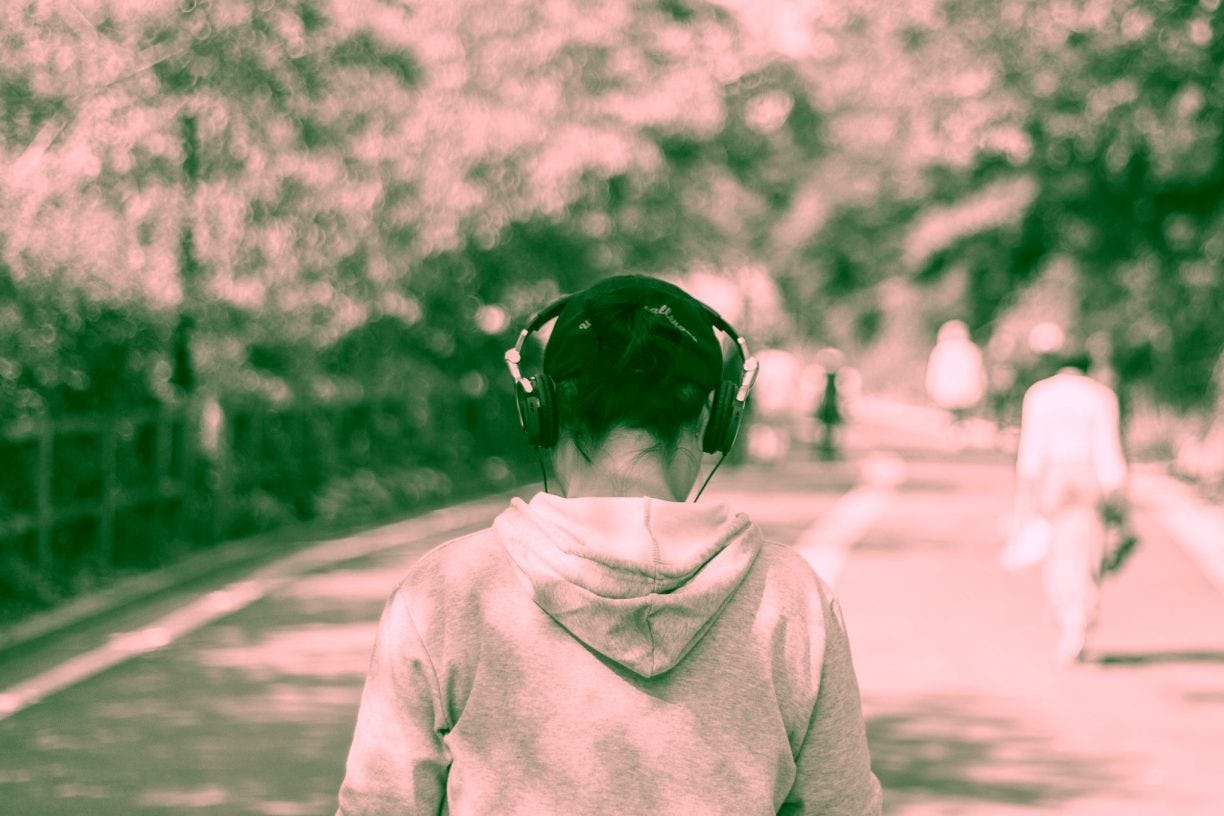
How Deafness Shaped My Love of Music
Jessica White shares how being deaf has influenced her lifelong love of music, and how changing technology has shifted the way she engages with music.
As children we had hung over the tape deck, listening to Elaine Paige’s rendition of 'Memory' from Cats. No matter how many times I played the song, I couldn’t make out all the words, so I recruited my brother, gave him a pen and paper and asked him to write them down...This time I pulled the laptop towards me and searched for the lyrics on the internet to make sense of the tits on the radio.
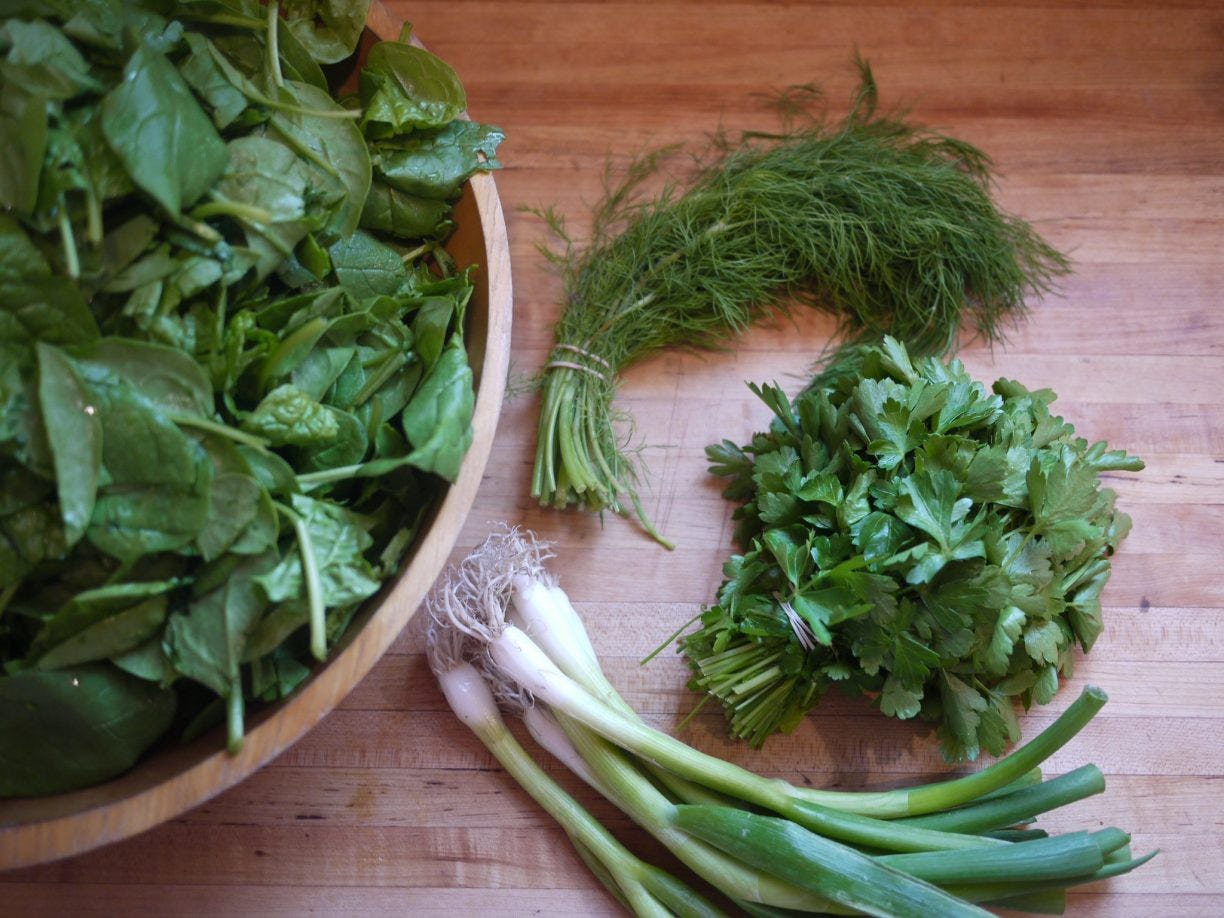
Coming Back to Cooking
My relationship with food has been clouded by my experiences of the service industry and the structural imbalances it represents. It’s the capitalist crunch – the massive time suck of work, the commodification of the things that make you feel alive and connected in the world, the difficulty in telling these things apart. But now, with this new disruption, maybe I can make a new start.
MJ Bakewell reflects on how the pandemic afforded her the time and space she needed to enjoy cooking and reconnect with her culinary inheritance.

Promising Young Writer
By the time the book came out, complete with flap copy emphasising my youth, I wanted to bury it. A year later, I was handed a shovel. Some Australian publishers were interested in my short story collection and novel-in-progress...We agreed to pretend my other debut hadn’t happened.
Speaking from her experience of being a debut author twice, Woollett explores the phenomenon of marketing and applauding writers (especially female ones) for their youth.

Misfit Ballet
Just a bunch of people who love to dance but most of whom would feel out of place in a traditional ballet class. We joke and call ourselves the misfits.
Melanie Saward writes about finding a ballet studio in her thirties that accepts its students for who they are.
(Note: Thank you to Kill Your Darlings for granting temporary free access to Saward’s piece.)
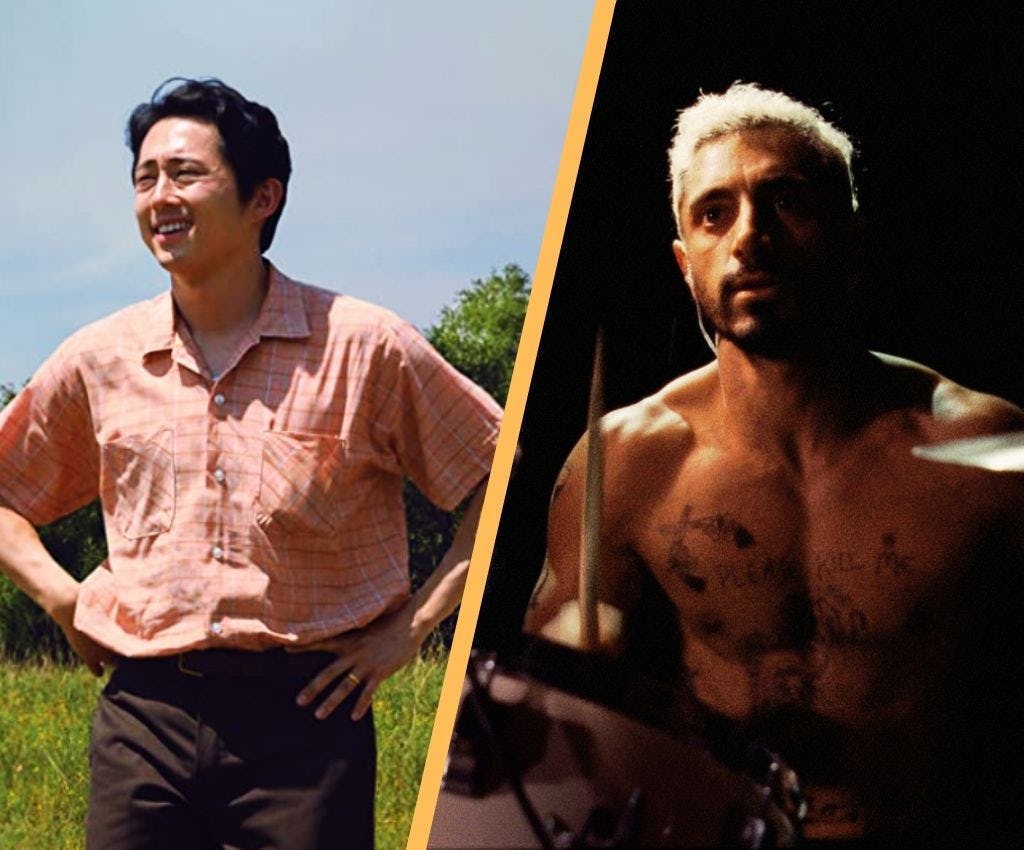
How Minari and Sound of Metal Redefine Asian Masculinity Onscreen
All at once, he is able to be sexy and attractive, fragile and insecure, furious and vulgar. Ahmed’s performance ultimately stretches the tight parameters Asian and Muslim men have been historically confined to, paving the way for other actors to play roles that reflect the realistically complex and multi-dimensional identities of Asian and Muslim men.
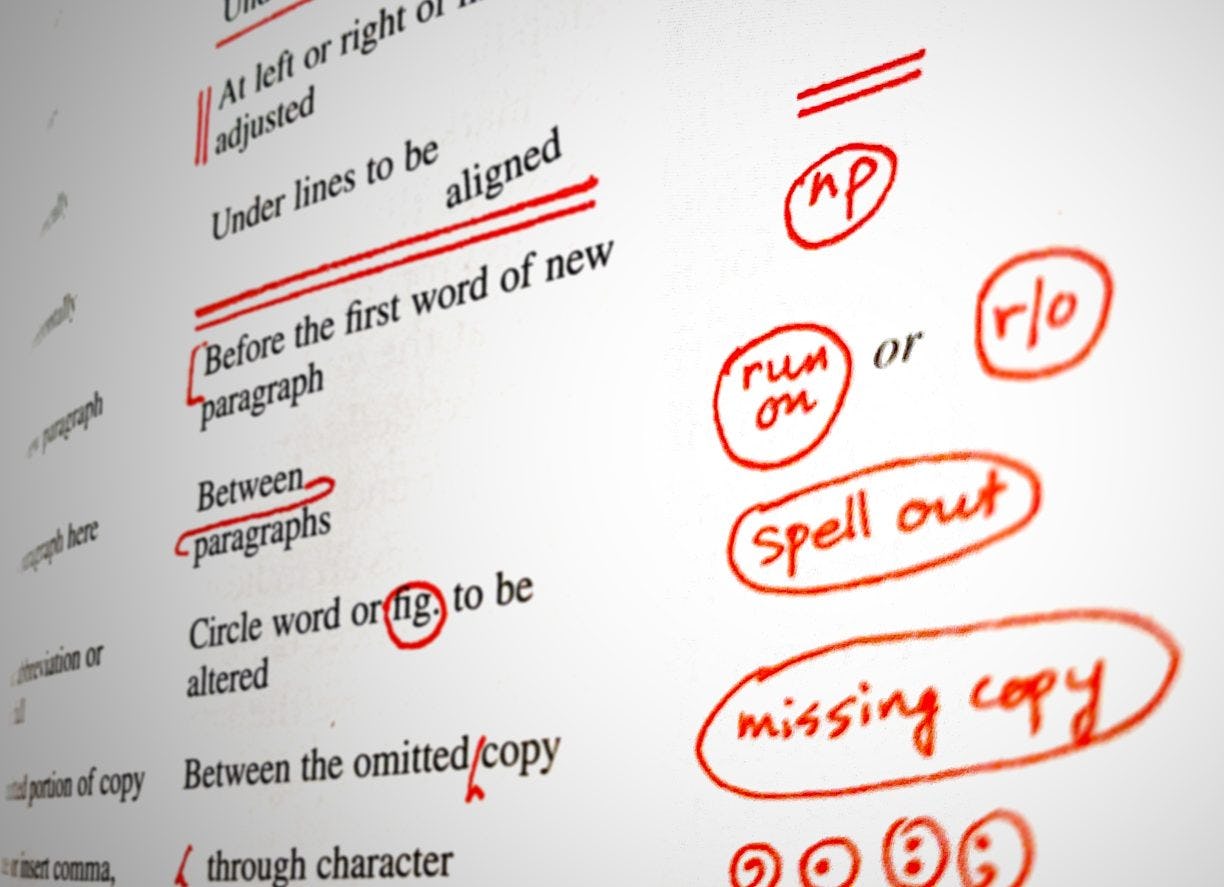
Diverse Publishing Isn’t Just About Writers
As Freeman notes, 'Non-Indigenous editors increasingly find themselves negotiating the uncomfortable territories of race, politics and power for which [they are] poorly prepared'. The easiest way to avoid this inappropriate and often unsafe situation is to have Indigenous editors working with Indigenous writers; enabling the development of Indigenous expression without the added complications that arise with a cross-cultural relationship.
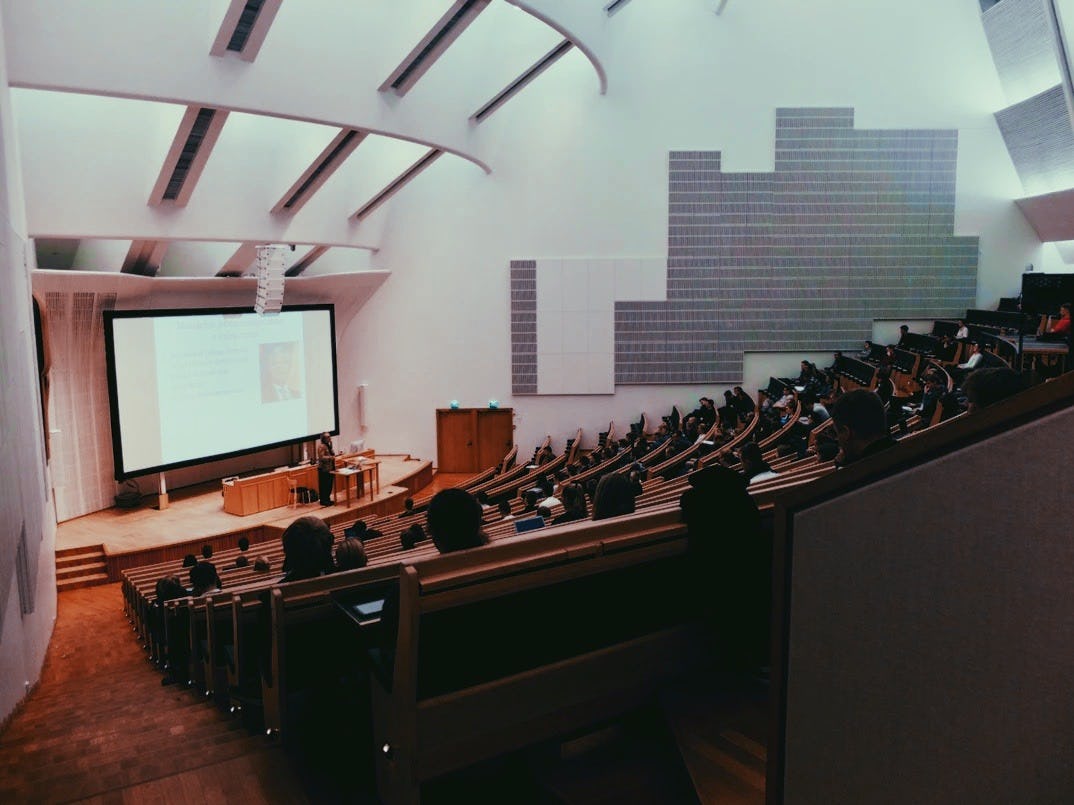
Smart for an Aboriginal
Courtney Jaye recounts the rife racism she experienced as an Aboriginal undergraduate student...and how she returned for a master’s degree five years later thinking faculty and students would be less racist, but they weren’t.
When my brand-new lecturer asked if there were any Aboriginal people in the room, I shyly raised my hand. Naively, actually. In a turn of events that surprises absolutely no person of colour, I was brought into conversations as the 'blak voice' from that moment on, as though that was the only interesting thing about me.
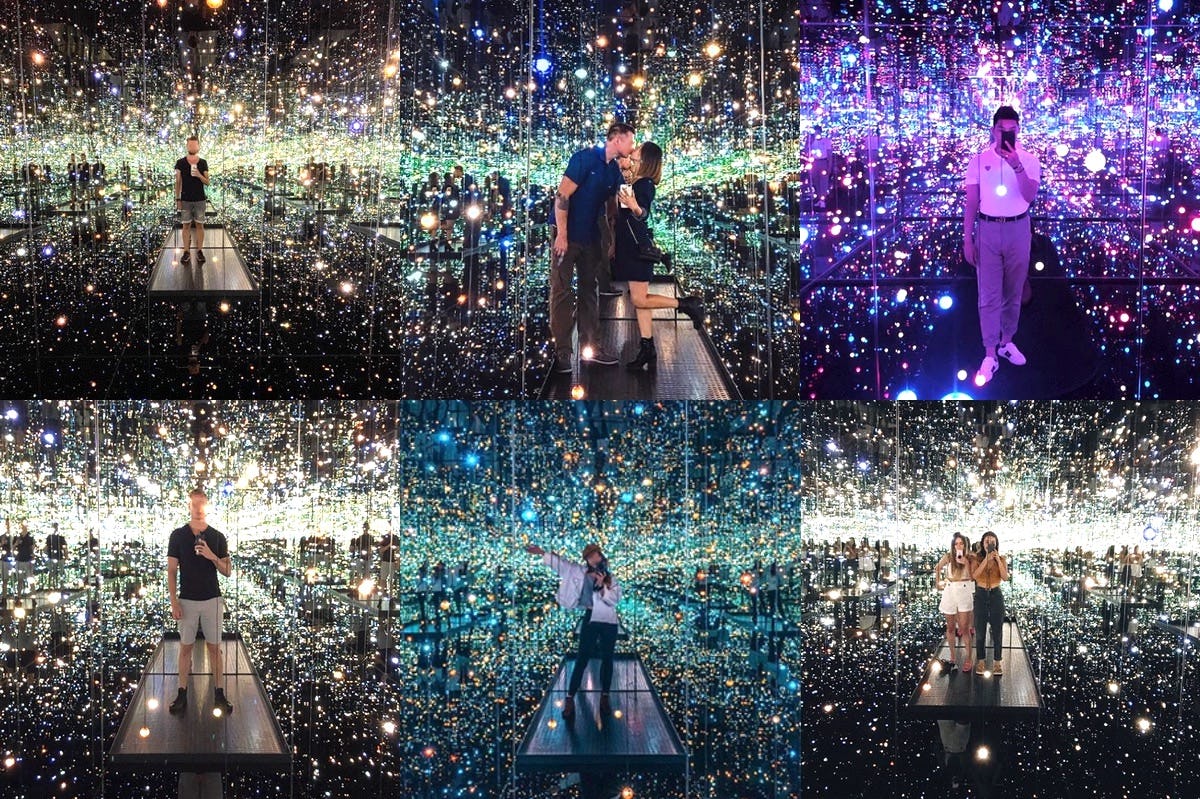
The Sameness of Internet Culture
I love how Tan describes the internet as a place, or non-place – its physical qualities or lack thereof.